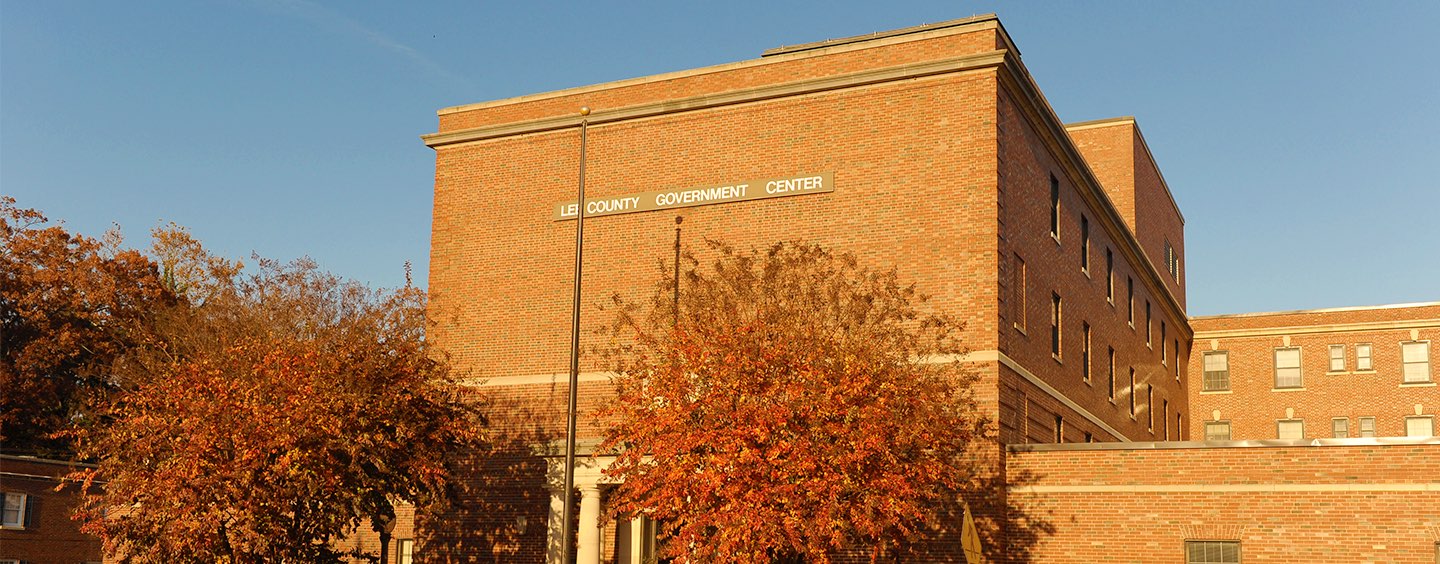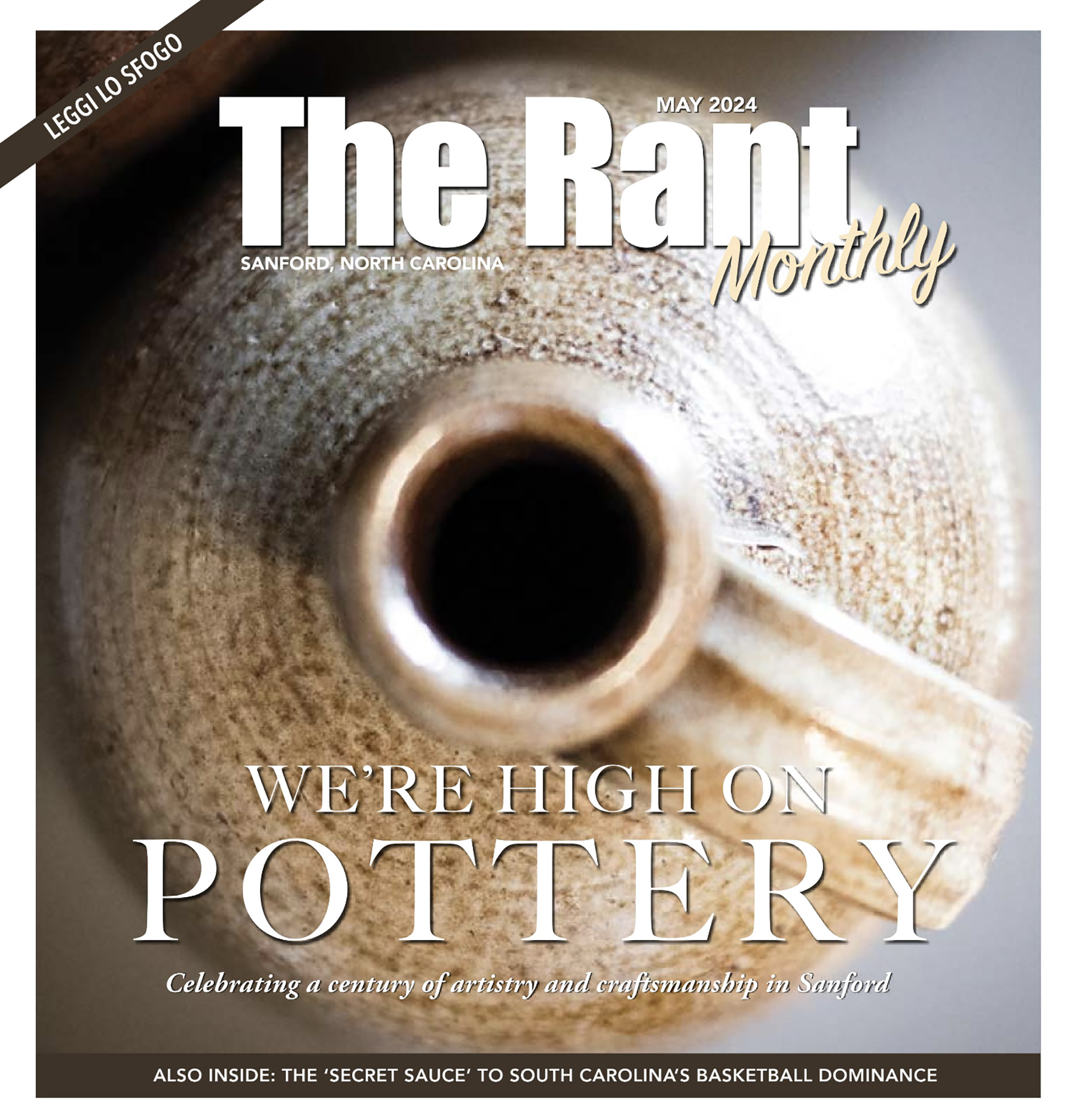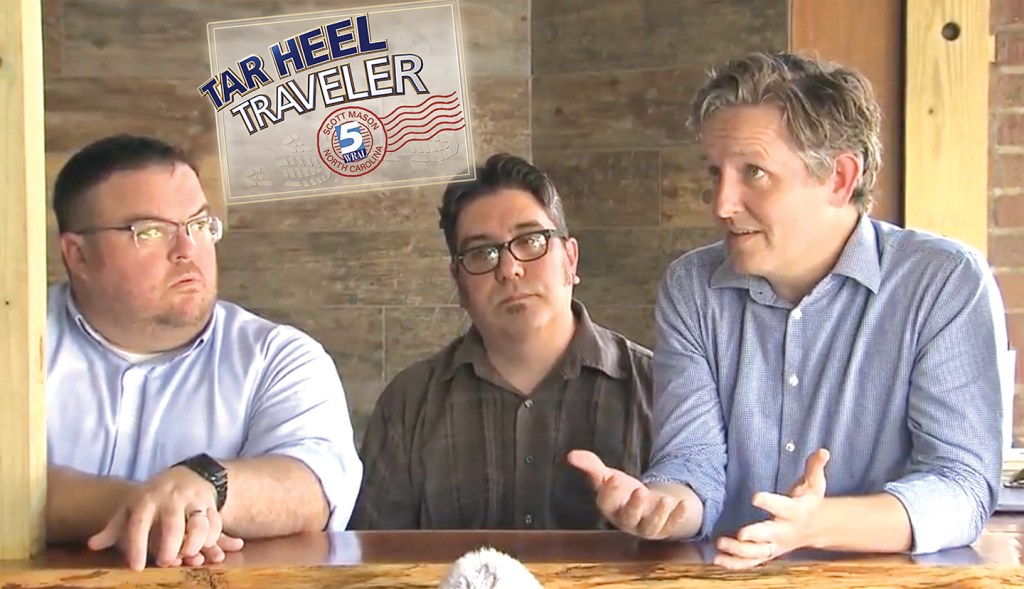By Richard Sullins | richard@rantnc.com
The voting lines have been redrawn, the map that county voters will use to choose their commissioners for the next 10 years has been published, but the ghost of the redistricting battle waged between the Lee County Board of Commissioners continued to loom at Monday’s board meeting.
The latest scuffle took place at the beginning of Monday’s meeting and lasted just six minutes.
At the center of the skirmish were the draft minutes of the board’s October 18 meeting, where it voted 4-3 along party lines to adopt a controversial Republican map known as Plan F. Those minutes, prepared by Board Clerk Jennifer Gamble, will ultimately constitute the official historical record of what was done at the meeting.
According to Robert’s Rules of Order, the parliamentary guidelines utilized by most boards and commissions, minutes constitute the historical record of what was done at a meeting, not what was said.
The minutes in question had been included on the Consent Agenda, an often-used parliamentary tactic that allows a group of non-controversial items to be approved by a single motion rather than individual motions and votes. Republican Commissioner Bill Carver requested that the draft of the minutes be removed from the Consent Agenda so that he could propose a change in the wording of his explanation of why Plan F was chosen over others.
Although Carver’s request is allowed under Robert’s Rules, it’s one not often seen in parliamentary circles. Minutes are seldom questioned by boards and it’s even more rare for a member to want to rewrite large sections in an attempt to change the record.
As soon as Carver made his request to Republican Chairman Kirk Smith, Democrat Cameron Sharpe asked “can he elaborate on this? Are we going to talk about this? What are you changing?”
Carver responded that while Gamble does good work in preparing the minutes, “this particular meeting discussed redistricting and I felt it was necessary to include some more detail, specifically about the redistricting. So, I looked at the video and then summarized the comments that I made relative to how we used the Voting Rights Act to generate Plan F. And I would like to include those in the minutes, and I did that.”
Carver had made his request in an email sent to Gamble on October 29, just three days before the Commission’s November 1 meeting, and his proposed changes and the original draft were sent by email later that day to each member.
But Carver’s proposal drew the immediate attention of the board’s three Democrats.
“So, what the Republicans are now doing, I can understand if you have a particular word or sentence that needs to be corrected,” said Commissioner Robert Reives Sr. “But to do a rewrite of what you say you intended to do, versus what the clerk recorded, bothers me. That’s not making sense. That’s almost like you are writing the minutes yourself.”
“I can understand that,” responded Carver. “What I did do was to sit down and look at the video and all I did was essentially transcribe what I said during that session.”
The section from the original draft minutes that Carver wished to replace consisted of four sentences containing 96 words. His proposed re-write had 11 sentences and 245 words. It is not a word-for-word transcription, as the commissioner suggested.
While Carver used many of the same key words, and in the same order, that are recorded on the video, it is more accurately characterized as a paraphrase that attempts to build a case for why the Republicans voted for Plan F over the other versions.
Carver said as much in his email to Gamble: “These changes are a more detailed explanation of my comments on redistricting. I request that they be included so that if the redistricting plan is challenged, a more detailed rationale for Plan F be preserved in the minutes.”
“That’s your interpretation of what you did,” Reives said to Carver. “I want to know what the clerk wrote and compare it to what you say you said. I want to see a face up of his interpretation versus your reporting and see how they match.”
Carver also made a separate request to also change the wording of the proposed minutes of the Board’s closed session on October 4. The public rarely gets a look at closed session minutes because public boards use those meetings to discuss matters that are protected from disclosure by law.
Carver withdrew his motion after receiving assurances that his request would be on the agenda at the Board’s next meeting on November 15.





















